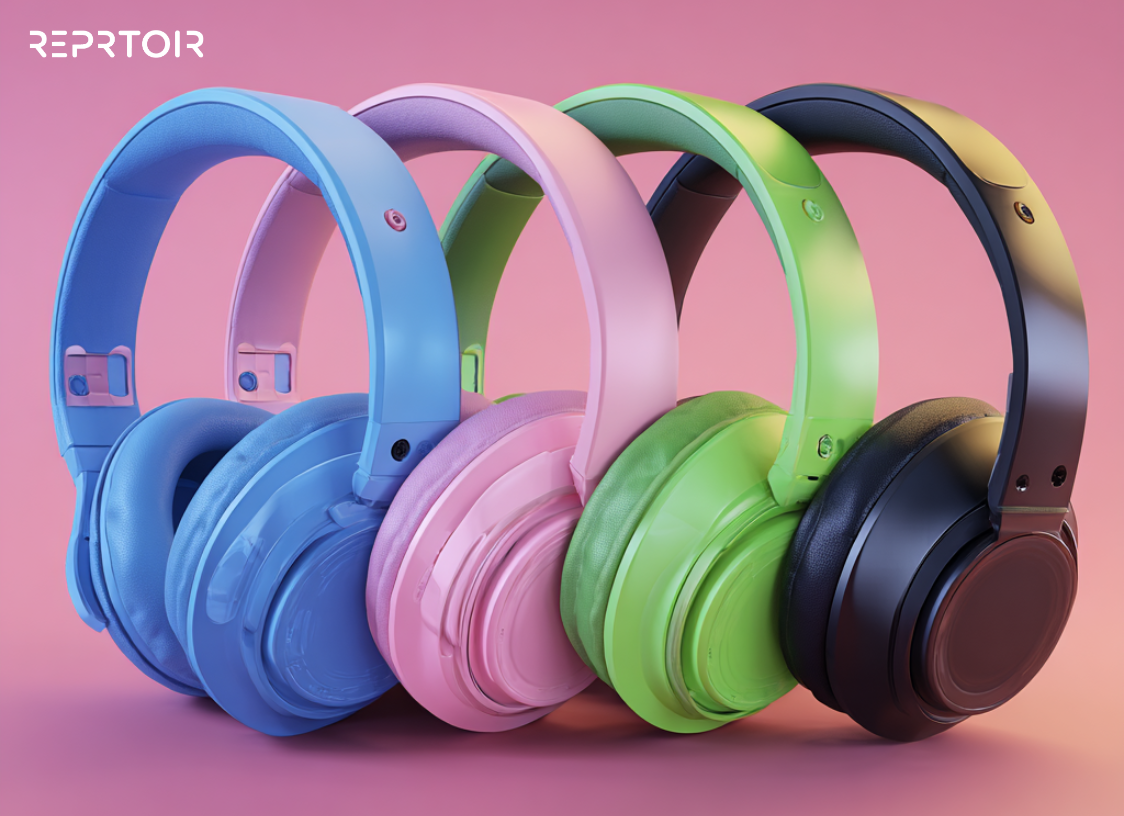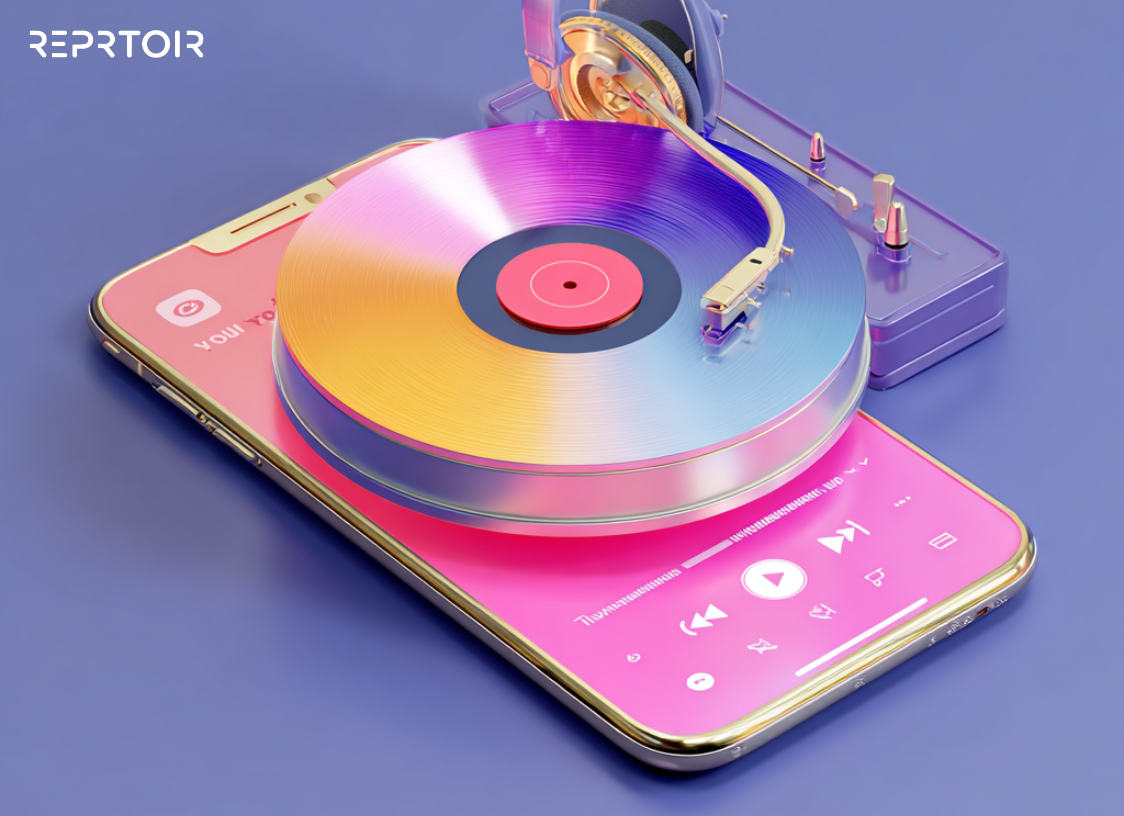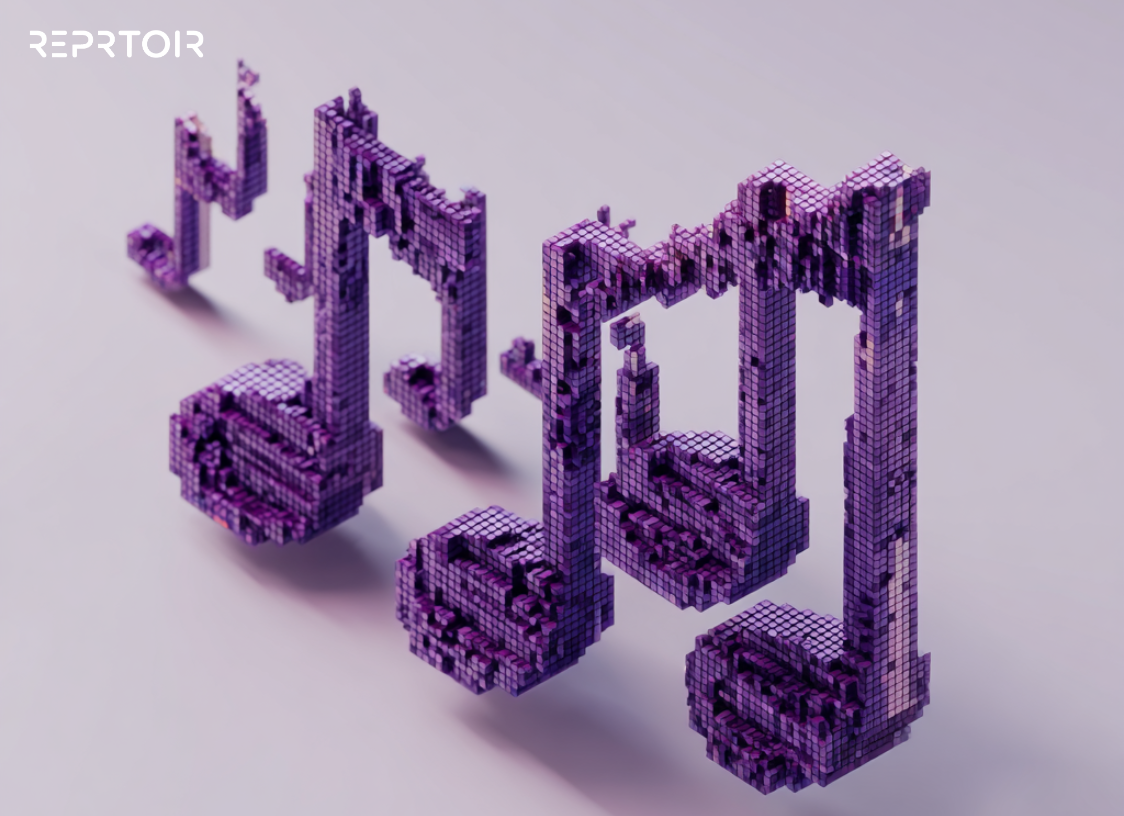Hey all! Here we go again for new tech solutions to broadcast music, main music industry actors settling deals and new streams of revenues for artists. This week, I’m following up on the latest Weekly Roundup on artist and label services with how artists are getting paid today, taking a look at the new opportunities they might have at their disposal.
#1. TikTok’s mess
It felt like things calmed down for a little while. And we’re back at it again! Digital Music News took the time to sum up the situation we’re in today: no ban yet, TikTok is suing the Trump administration and the US government could force the company to leave the US market altogether on November 14th. In the meantime, TikTok just surpassed Instagram as the favorite apps among teens in the US. This means a big change for this community if the ban ever goes through.
But now, it feels like the TikTok-like apps are getting onto the next step.First off, TikTok was banned in Pakistan for moderation reasons (although negotiations are still happening). In the meantime, it seems like Triller is not looking for investment anymore, but might go public. The interesting thing that could come out of this strategy would be to get numbers on the first quarters of the company (which was accused of inflating numbers last week).
#2. Downtown possibly selling to The Raine Group
We talked about Downtown and The Raine Group a bit earlier this year, when we were on the topic of artist and label services, the rise of saas music business and other news during Midem Digital Edition.
Well, things are moving. This week, Music Business Worldwide revealed Downtown was in discussion with The Raine Group on strategic moves and even a possible sale. This would be a big change for the music publishing sector, considering the copyrights Downtown represents and the many buyouts the group made over this last year. But this also means that the trend is slowly being confirmed: saas solutions are on the rise, attracting attention, and are getting bigger and bigger.
#3. Artists getting paid in podcasts
Hard to miss, this week Spotify took podcasts to another level. Now, podcasts can include music, implying rights holders receiving royalties. This also means enhancing discoverability for users, as they will be able to interact with music just like they do on other parts of the platform (getting more information, adding it to a library…).
This new format, viewed as shows, is a combination of podcast and Spotify’s catalog. All podcasters can go to the streaming service’s library to pick their tracks and ensure artists will get paid for the broadcast of their music (only possible using the free Anchor podcasting app acquired last year).
It seems like good news for musicians, who are still struggling to find new streams of payment. Since parts of the world are still on (partial) lockdown, artists have had to find new ways to make up for the absence of live (going to livestream performances, fundraising, Bandcamp…). But emerging artists remain badly impacted, as they lose one of their main ways to get discovered. Maybe Spotify’s podcast can be an opportunity to appear as a favorite artist of one of the podcasters, but it certainly won’t be enough.
#4. New livestream options
Following up this topic, let’s take a look at what happened in the livestream game. This week, Billboard published yet another proof of how livestream options are pleasing fans, and its need to stay when we’ll go back to physical live shows including paying formats.
Meanwhile, as you might have seen, many (many!) new livestream startups are emerging every week. This time, one stood out, Mandolin, raising $5 million in seed capital. The livestream concert startup was created by the SaaS venture studio High Alpha, 4 months ago. We’ll see where this goes!
#5. Indie artists getting paid
To wrap up our read of the week, the DIY distribution platform TuneCore announced this week to have paid indie artists over $2 billion to date, including $400 million this year. This is a stepping stone for the service, owned by Believe, and dedicated to independent artists. Their business model allows them to welcome emerging artists on their platform way more easily.
Regarding other actors releasing music such as record labels and publishers, releasing music is of course as important. And we, at Reprtoir, created Release Builder, compatible with Believe, to help all music professionals release tracks in a secured and fast way. If you’re looking for optimization and insurance that your artists will get paid, then head over our beta version of Royalty Management and help us create the software you need!










